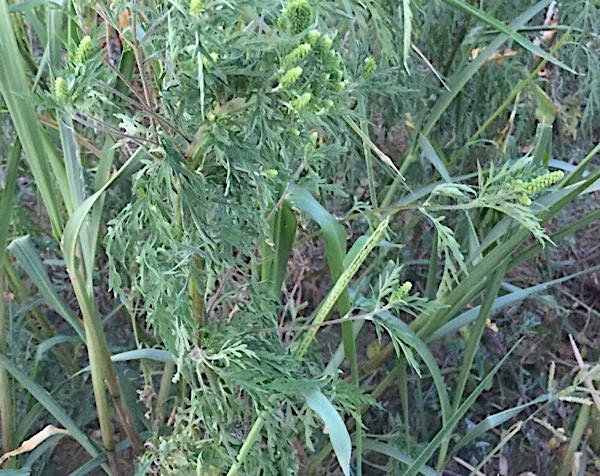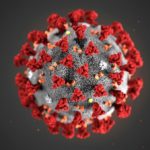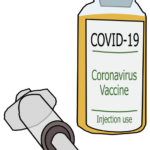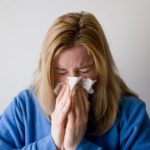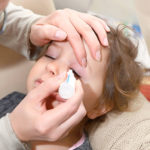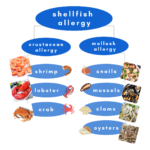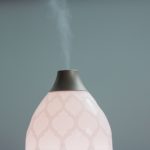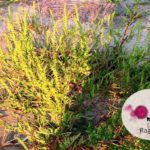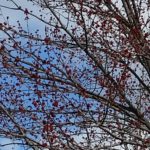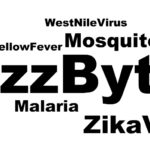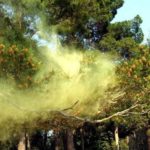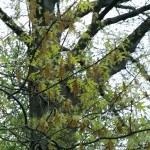Ragweed Rising: Three Keys of Readiness
For interviews and tours of the Delaware Valley’s only certified pollen and mold spore stations for the National Allergy Bureau (NAB) with stations, please email gwoodlyn@asthmacenter.com
The health information contained in this article is meant for basic informational purposes only. It is not intended to serve as medical advice, substitute for a doctor’s appointment or to be used for diagnosing or treating a disease.
“Ragweed pollen tripled in the last 24 hours,” says Dr. Dvorin. “It has definitely arrived. I took this picture of a ragweed in bloom on my walk last evening.”
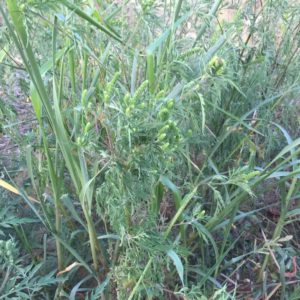
Today’s pollen and outdoor mold count from The Asthma Center, the Delaware Valley’s only official count station certified by the National Allergy Bureau (NAB) is:
Tree pollen is very low.
Grass pollen is low.
Ragweed pollen is moderate.
Other Weed pollen is moderate.
Outdoor Mold Spore levels are very high
Predominant: Ragweed Pollen & Outdoor Mold Spores
Ragweed Readiness: The Three Keys
Based on Dr. Dvorin’s historical data, ragweed pollen can be expected to flood the air in the Delaware Valley in the next few weeks.
The Asthma Center specialists recommend taking three key steps now to keep from suffering (and sneezing) through the fall allergy season.
1. Implement your personal Allergy Action Plan now.
This is one of the most important things you can do to be sure that you take your allergy and asthma medications before your symptoms start (including the use of intranasal corticosteroid sprays)
For current patients of The Asthma Center, if you have not reviewed your Allergy Action Plan with one of our board certified allergists in the last three months, schedule your appointment now.
2. Know your level of ragweed pollen sensitivity and monitor ragweed pollen levels.
To find out if you are allergic to ragweed, call now to schedule Allergy Skin Testing, which is one of the most reliable methods to determine allergy sensitivity, particularly when correlated with your personal history.
Be sure to Subscribe to receive The Asthma Center daily pollen counts direct to your inbox.
Check back in to read The Asthma Center’s latest blog posts to learn more about ragweed, how it can affect you, and what you can do about it.
3. Reduce your exposure to ragweed pollen
Wear long sleeves and long pants when mowing the grass.
Sleep with windows closed and drive with windows up.
Beware of tracking grass pollen into your home (kids, pets especially, newspaper sleeves, and on shorts and jackets).
Shower and wash your hair after extended outdoor exposure.
Wear sunglasses or glasses outdoors to limit exposure of pollen to your eyes.
Avoid wearing contact lenses, or switch to daily disposable contacts to avoid allergens building up on the lenses.
Wash your hands and face frequently, including eyebrows.
Change your pillowcase often.
Be sure to download Allergies & Asthma Travel Tips 101 for tips on reducing your exposure to ragweed pollen while on vacation.
Ragweed 411
Ragweed pollen is considered the biggest trigger of fall allergy and asthma symptoms because of its “numbers”:
the number of people with ragweed pollen allergy:
The American College of Allergy, Asthma & Immunology estimated in 2011 that one in 10 Americans have ragweed allergy.
the number of ragweed plants:
There are 17 varieties of ragweed. Ragweed blankets most of the U.S. sparing only the southernmost tip of Florida, Northern Maine, and the northern West Coast.
the number of ragweed pollen grains in the air:
It is estimated that a single ragweed plant can produce up to 1 billion grains of pollen.
Make an appointment to see an allergist – Why Choose Us?
The best way to fight your allergies & asthma is to visit a board certified allergist, learn what your allergies are, create a treatment plan, and adjust as needed. No two allergy & asthma sufferers are alike, so don’t rely on over the counter medications when you could be targeting your symptoms with the help of our allergy experts! At The Asthma Center, our goal is to personalize your treatment to help you find relief. One way we accomplish this is by identifying your allergies and specific levels of allergic sensitivity through allergy skin testing to help you plan your treatment. By following the local pollen counts, we are able to customize allergy regimens that prevent symptoms caused by taking too little, or too much allergy medication.
Did You Know – Pollen & Mold Spore Counts Direct to Your Inbox!
The Asthma Center’s daily Pollen and Mold Spore Count, the Delaware Valley’s only Official count station which is certified by the National Allergy Bureau are now available via email. Subscribe to receive our daily counts by email or check out some of our other blog posts to learn more about what is in the air, how it can affect you, and what you can do about it.
Recent
Popular

